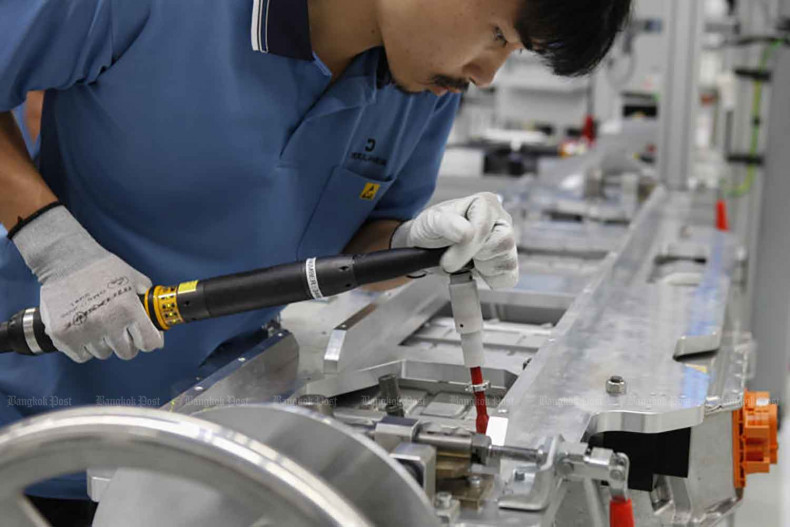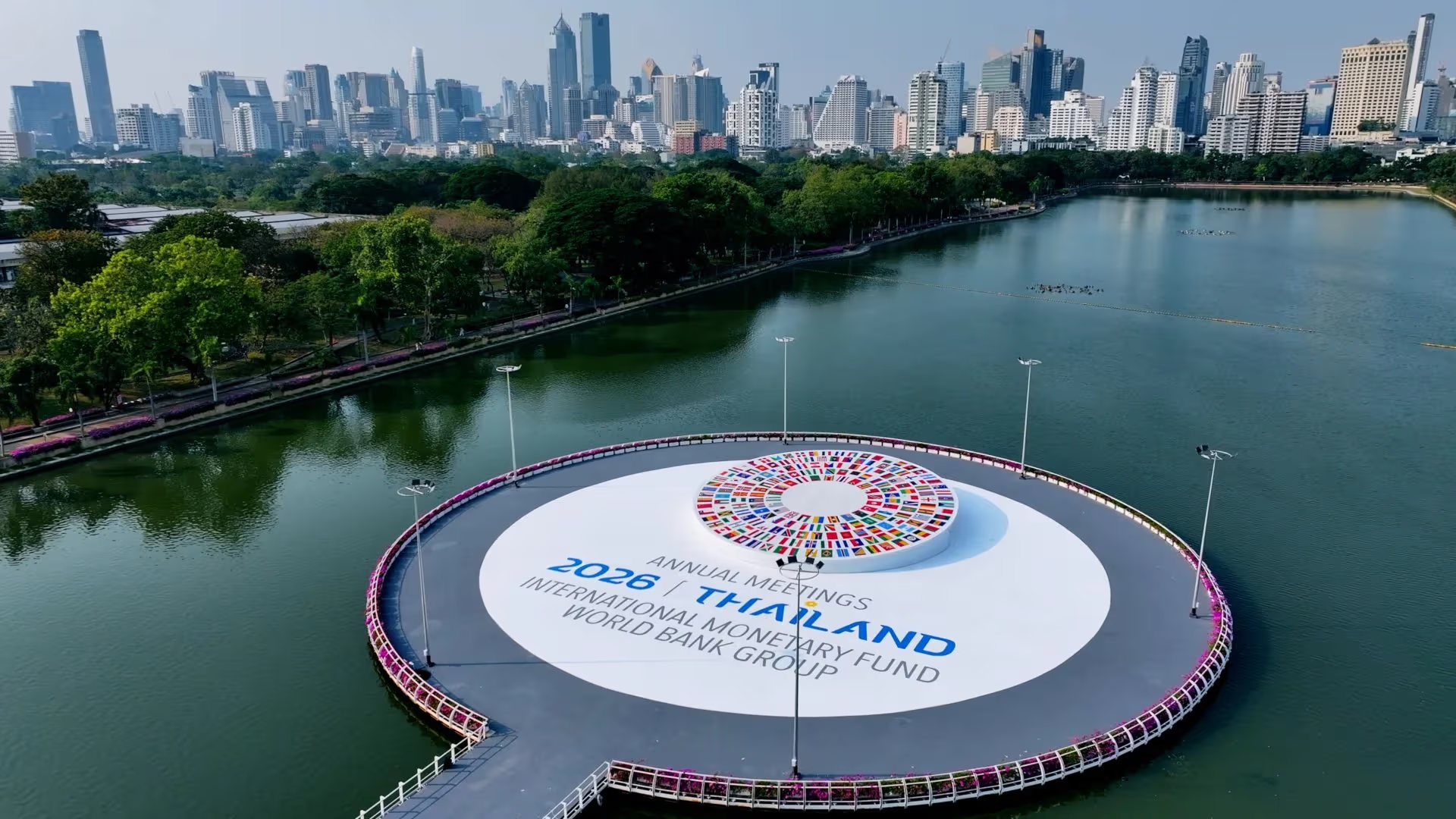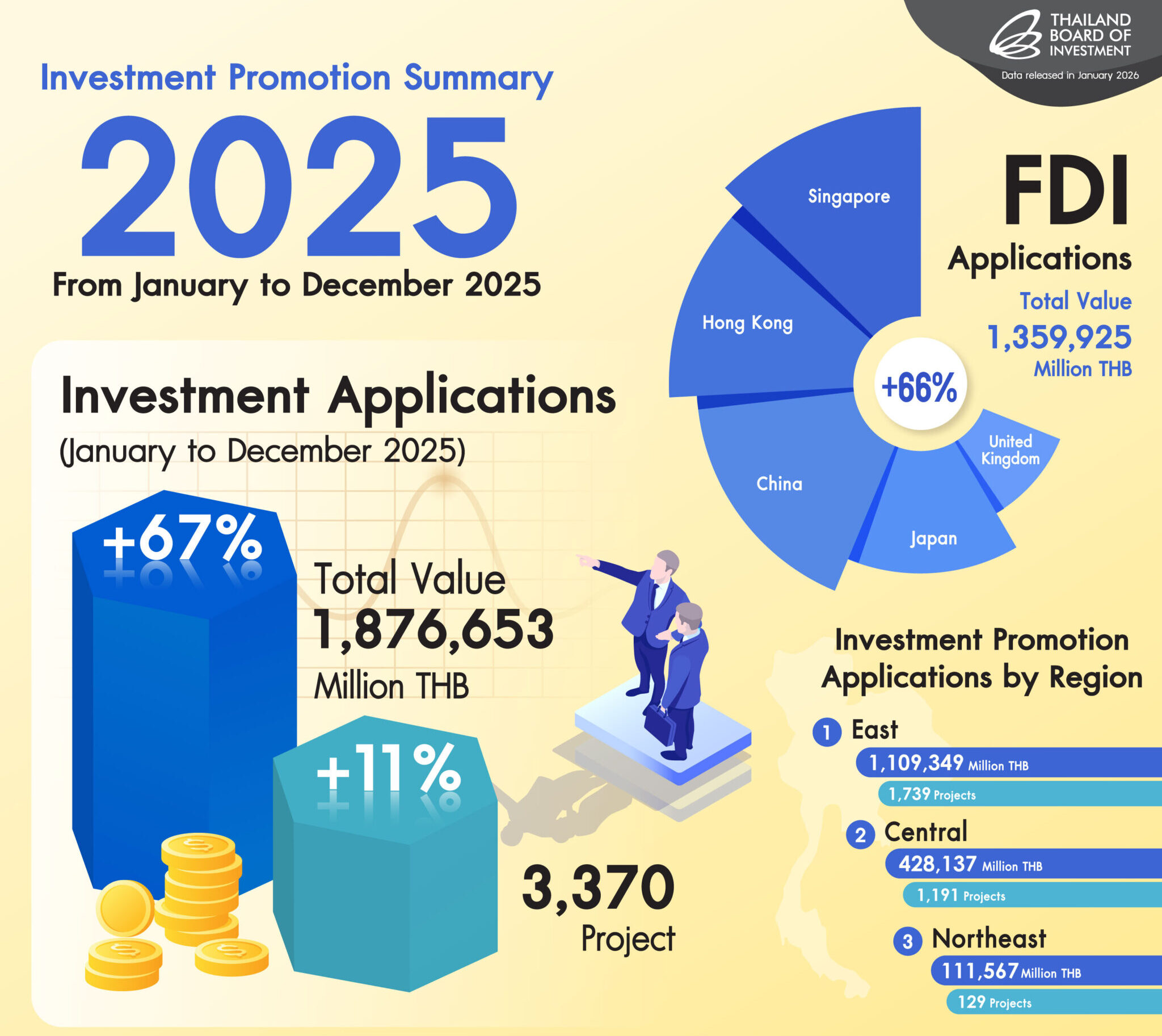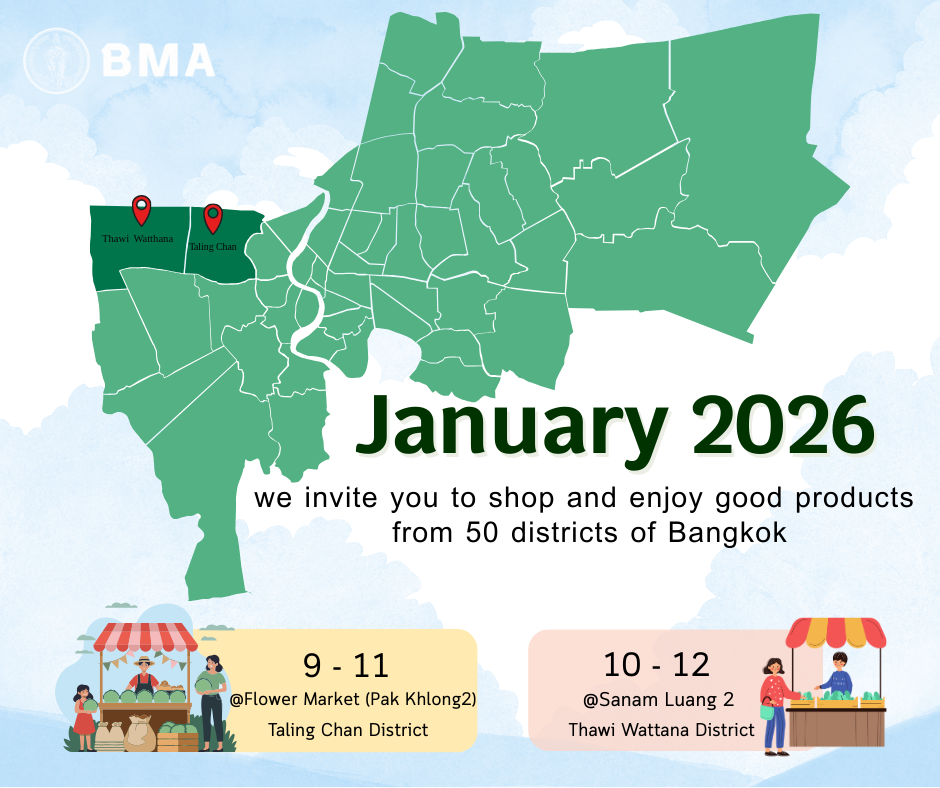
The proposed 36% tariff on US imports of Thai products could pile pressure on the manufacturing sector, with workers likely to bear the brunt, says the Employers’ Confederation of Thai Trade and Industry (EconThai).
The rate, scheduled to take effect on Aug 1, is higher than Thailand’s key rivals in Southeast Asia, as a 20% tariff was imposed on Vietnamese products, a 25% levy on goods from Malaysia, and a 32% import duty on Indonesian imports.
Exporters will be the first sector to be affected, with total export values expected to plunge by more than 50% as soon as this month, even before enforcement of the proposed tariff, according to EconThai.
This means factory workers will be affected in the second half of 2025, noted the group.
“Many Thai workers are likely to lose their jobs, with unemployment hampering the labour market well into 2026,” said Tanit Sorat, vice-chairman of EconThai and chairman of the National Labour Development Advisory Council.
The steep reciprocal tariff will force manufacturers to reduce production across various industries, including tyres, air conditioners, home appliances, certain electronic products, and processed agricultural products, he said.
These products are usually exported to the US, a major market for Thailand.
In the short term, factories may need to lay off workers, following tougher competition with Vietnam, Malaysia and Indonesia, said Mr Tanit.
“Our exports will slow down, the manufacturing sector will decelerate, and the employment rate in the country will lose momentum,” he said.
The Joint Standing Committee on Commerce, Industry and Banking warned earlier if US President Donald Trump slapped a 36% tariff on Thai imports, the country’s GDP growth could fall to 0.7-1.4%, with annual exports potentially contracting by up to 2%.
“I believe the business sector can survive low economic growth this year, but I cannot imagine what will happen if these dim prospects continue into 2026,” said Mr Tanit.
In the long term, Thailand may lose its appeal as an investment destination in Southeast Asia as foreign investors will opt to put their money into Vietnam or Indonesia, where energy prices and wages are lower, he said.
Kriengkrai Thiennukul, chairman of the Federation of Thai Industries, said he remains optimistic about Thailand’s attempts to negotiate lower tariff rates.Retry
credit : https://www.bangkokpost.com/business/general/3065660/thai-manufacturers-poised-to-take-massive-hit-from-us-levy



